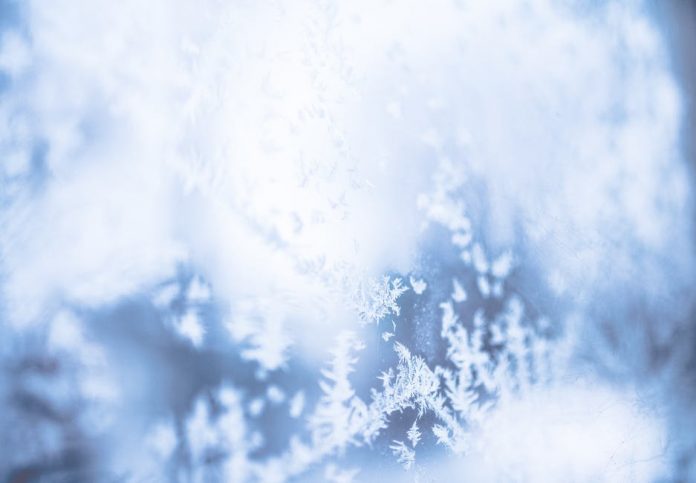Considering the upcoming colder-than-cold temperature we’ll be dealing with on this upcoming Thursday night, it’s important to consider that frostbite and hypothermia can quickly set in, especially in the unfortunate circumstance of the power being disconnected.
Remember that in order to avoid lowering of body temperature, you should also avoid caffeine, alcohol, and cigarettes. According to the National Weather Service, “Caffeine constricts blood vessels, preventing warming of your extremities. Alcohol reduces shivering, which helps keep you warm. Cigarettes shut off the blood flow to your hands.”
Hypothermia begins in the body when your temperature sinks below 96 degrees. It’s advisable to seek medical attention when this occurs. This alone could cause damage to the body, and the young and elderly are typically the most susceptible.
Indicators of frostbite start with ice crystals forming on the skin, then with the skin feeling warm despite being defrosted. After that, the skin will turn red, pale, or white. Lastly, color may turn blue or black, and pain may last fort several hours. If this last step occurs, it’s very important to see a doctor immediately, as gangrene could potentially set in.
If you find someone suffering from either of these conditions, medical professionals should be contacted. However, there are some potentially life-saving steps you can do to help. For both conditions, it’s obvious to move the victim to a more heated location, and to cover the individual in thick blankets. However, frostbite requires a more sensitive level of care.
The steps to assist in frostbite First-Aid, according to the national weather service, can be read below:
Get indoors as quickly as possible. Until you can get indoors:
- Don’t rub or massage cold body parts.
- Put your hands in your armpits.
- Hold onto another person or animal.
- Drink warm liquids.
- Put on extra layers of clothes, blankets, etc.
- Remove rings, watches and anything other tight jewelry or related items.
Once indoors:
- Don’t walk on a frostbitten foot. You could cause more damage.
- Get in a warm, NOT hot, bath and wrap your face and ears in a moist, warm, NOT hot, towel.
- Don’t get near a hot stove or heater or use a heating pad, hot water bottle, or a hair dryer. You may burn yourself before feeling returns.
- Frostbitten skin will become red and swollen and feel like it’s on fire. You may develop blisters. Don’t break the blisters. It could cause scarring and infection.
- If your skin turns blue or gray, is very swollen, blistered or feels hard and numb even under the surface, go to a hospital as soon as possible.






